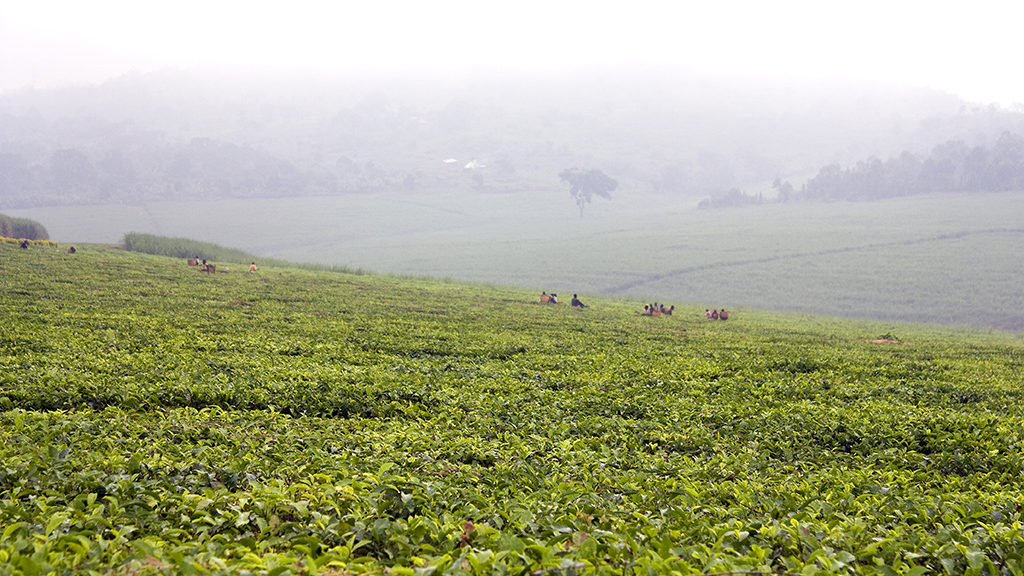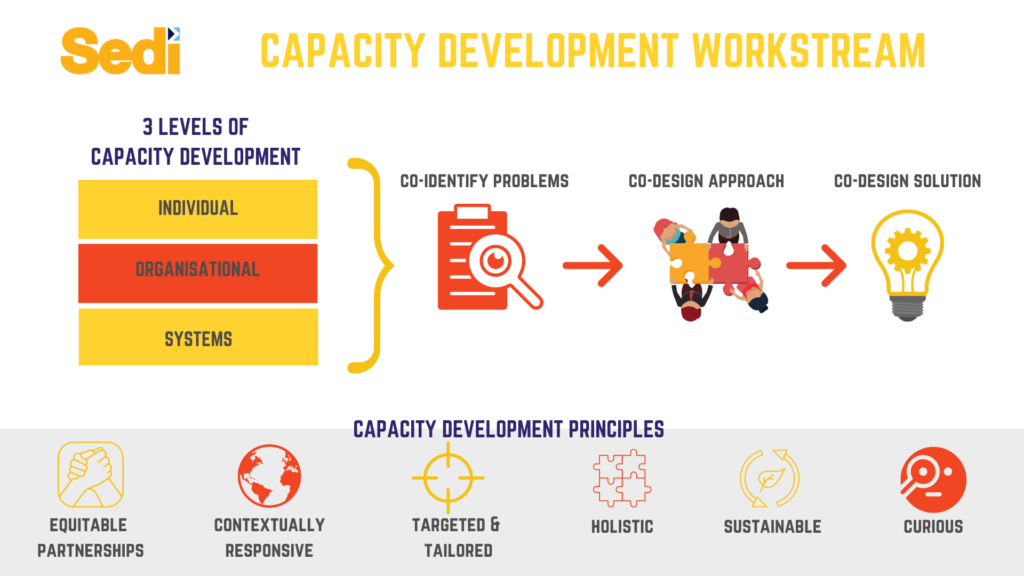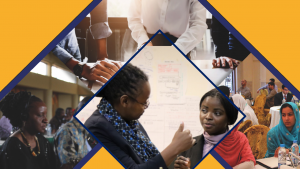
Capacity development for evidence use – sharing the SEDI principles
Working in partnership with country governments, the SEDI programme aims to develop capacity and promote innovation in increasing evidence-informed decision making in Uganda, Ghana and Pakistan. Emily Hayter discusses the capacity development principles that underpin how the programme works.
The £15.7 million Building Capacity to Use Research Evidence (BCURE) programme aimed to improve the use of evidence in decision making in low and middle-income countries. It ran from 2013 to 2017, funded by what was then the UK Department for International Development (DFID), and was made up of six projects implemented across 12 countries in Africa and Asia. BCURE supported a wide range of initiatives to test what works for capacity development for evidence-informed policy making (EIPM), from Uganda’s first parliamentary research week to an innovative blended learning approach for civil servants in Pakistan and a pioneering evidence strategy for environmental policy making in South Africa.
BCURE’s evaluation demonstrated that successful capacity development requires actors to think and work politically to champion meaningful reform. Working across institutions at different scales, individual and organisational, with an understanding of the different skills and processes is the most effective way to promote evidence use that has a system-wide effect. Most importantly, capacity-building partners should work within organisational systems to support change, not impose it.
In light of this evidence, and the growing body of evidence that points to a different way of working to build the use of evidence in policy making, the UK’s Foreign, Commonwealth & Development Office funded the Strengthening the use of Evidence for Development Impact (SEDI). Led at the global level by OPM, SEDI is working on increasing the use of evidence by policymakers in Uganda (led by EPRC), Ghana (led by ACET), and Pakistan (led by SDPI). The SEDI consortium includes three of the former BCURE lead partners: AFIDEP, ACE and INASP, as providing a unique opportunity to put learning into practice. In partnership with country governments, SEDI aims to develop capacity and promote innovation in increasing evidence-informed decision making.
Leveraging lessons from the past
SEDI’s objectives focus on two key areas of engagement, namely:
- Increasing the use of robust evidence directly informing policy or programme decisions by policymakers during policy design and implementation, and
- Increasing the use of evidence in processes, systems and the working culture in government decision-making structures during policy design and implementation
Thinking and working politically allows SEDI to not only adapt to ever-changing contexts but also to work in ways that promote equity and enable change at all levels in the national evidence ecosystem. SEDI builds on previous sector learning and is well placed to showcase how interventions grounded in evidence can improve policy making and strengthen knowledge systems.

Guiding principles
SEDI’s Capacity Development workstream works to promote curiosity, holistic interventions and responsive solutions that account for contextual realities. In order to do this successfully, SEDI’s capacity development approach is underpinned by the following principles:
- Equitable partnerships through co-design and government ownership
- Responsive to contextual realities within and outside government organisations
- Targeted and tailored to needs (including understanding and addressing different needs of women & men) using appropriate adult learning principles and based on a clear understanding of areas of existing capacity as well as ‘gaps’
- Holistic: tackling issues at multiple levels (individual/organisational/systems) and technical as well as ‘softer’ issues through identifying the best entry points
- Sustainable: focused on long term change and applicable to day to day working patterns
- Curious: seeking to learn from our experience and from each other, think outside the box, practising active listening and sharing our learning with the sector
Translating “thinking and working politically” into meaningful capacity development
In SEDI, capacity development is about building strong integrated individual, organisational capacity through not only identifying and addressing gaps but understanding complex systems, the actors who exist within them, and applying co-designed and co-developed approaches grounded in evidence of what works in particular contexts. Through conducting detailed Political Economy Analyses (PEA), SEDI has invested in understanding each unique country context and how these systems interact with evidence in decision making.
The Capacity Development workstream, led by INASP, supports SEDI to understand and prioritise individual and organisational capacity needs and opportunities within government agencies, and to design the right capacity interventions, at the right level through appropriate entry points in the midst of ever-changing systems.
Going forward
Using collaborative tools such as the Context Matters Framework, INASP has been working closely with country leads and government partners in Pakistan and Uganda to understand how capacity needs intersect with other organisational factors affecting evidence use
INASP hopes to see evidence from SEDI feed into a transformational approach to capacity development for evidence use which emphasises the generation of solutions grounded in the people, institutions and systems working at the interface of evidence and policy at a national level. As part of this process, INASP will continue to reflect on, and highlight, the key lessons learned from SEDI and what these could mean for how we approach EIPM in future.
SEDI is funded by UK’s Foreign, Commonwealth & Development Office, and implemented by a consortium that comprises national, regional and international partners.

 Previous Post
Previous Post



Excellent and very relevant blogs!